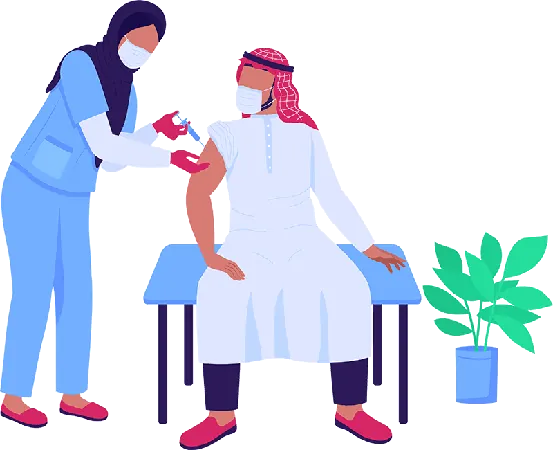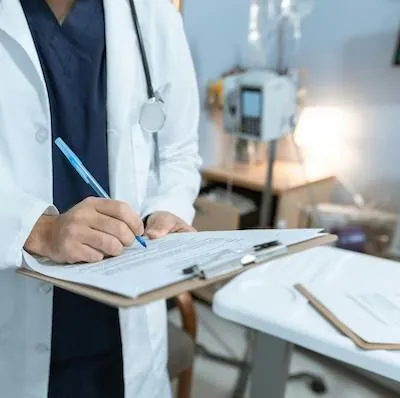
Essential Health Tips for a Safe Umrah or Hajj Journey
2025-05-13
Author: Wei
Stay Healthy Before Your Pilgrimage
Preparing for Umrah and Hajj? Safeguard your health with these vital steps: Understand potential health risks, stay informed, and take proactive measures before you embark on your journey.
Get Vaccinated!
Ensure you’re up to date on all necessary vaccinations as mandated by the Saudi Ministry of Health. This includes crucial vaccines such as: - **Meningococcal meningitis:** Required for all travelers aged 1 year and older, this quadrivalent vaccine protects against multiple strains of the bacteria. Make sure to get it at least 10 days before your arrival. - **Poliomyelitis:** If you're coming from high-risk areas, be sure to receive at least one dose of the polio vaccine. - **Yellow fever:** If you're traveling from affected countries, a yellow fever vaccine is essential.
Additional Recommended Vaccinations
For added protection, consider vaccinations against COVID-19 and seasonal influenza. Having these shots can significantly enhance your safety during your pilgrimage.
Documentation Matters!
Carry your vaccination records! Ensure your certificates are issued by health authorities in your home country and contain all the necessary details. Even if you're traveling for non-pilgrimage reasons like tourism, compliance with these health regulations is critical.
Health Protocols Upon Arrival in Saudi Arabia
Once you set foot in the Kingdom, expect health checks. Authorities may administer preventive antibiotics for meningitis or oral polio vaccines, regardless of your age. You’ll need to present documentation confirming measures against disease-carrying organisms. Health screenings for symptoms like diarrhea and cholera will also be conducted.
Practice Good Hygiene!
Avoid respiratory infections in crowded settings by: - Regularly washing your hands or using hand sanitizer, especially before meals. - Using disposable tissues for sneezing or coughing—remember to toss them right away! - Wearing a mask in busy areas to minimize infection risk.
Recognize Illness Symptoms Early
Be on alert for illness signs, which can manifest anywhere from a few days to two weeks post-exposure. Key symptoms include high fever, severe headaches, fatigue, respiratory troubles, and gastrointestinal issues. If you experience troubling symptoms like severe chest pain or difficulty breathing, seek medical help immediately.
Post-Recovery Vigilance
After recovery, some may endure lingering effects like fatigue or cognitive dysfunction. If any such symptoms arise, don’t hesitate to consult your doctor.
Your Health is Priority!
Stay vigilant and proactive. Prioritize vaccinations, adhere to health regulations, and maintain hygiene to ensure a safe and fulfilling pilgrimage experience.




 Brasil (PT)
Brasil (PT)
 Canada (EN)
Canada (EN)
 Chile (ES)
Chile (ES)
 Česko (CS)
Česko (CS)
 대한민국 (KO)
대한민국 (KO)
 España (ES)
España (ES)
 France (FR)
France (FR)
 Hong Kong (EN)
Hong Kong (EN)
 Italia (IT)
Italia (IT)
 日本 (JA)
日本 (JA)
 Magyarország (HU)
Magyarország (HU)
 Norge (NO)
Norge (NO)
 Polska (PL)
Polska (PL)
 Schweiz (DE)
Schweiz (DE)
 Singapore (EN)
Singapore (EN)
 Sverige (SV)
Sverige (SV)
 Suomi (FI)
Suomi (FI)
 Türkiye (TR)
Türkiye (TR)
 الإمارات العربية المتحدة (AR)
الإمارات العربية المتحدة (AR)